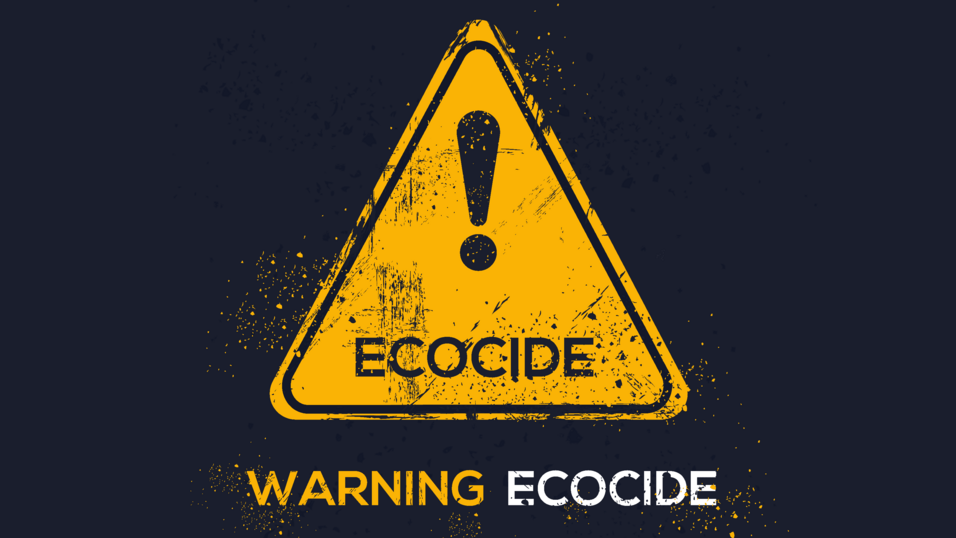The principal innovative aspect of the Report is its definition of the crime of ecocide. The Report proposes that the objective element of a crime (actus reus) must consist in typified behaviour, ie: (1) behaviour which European Union law has identified as unlawful and dangerous for the environment; (2) which results or is likely to result in a severe damage, which is also long-term, or in a severe damage, which is also irreparable or irreversible.
This approach to the actus reus lends itself to incorporation in the proposed directive on the protection of the environment through criminal law, is compatible with the legal basis of Article 83(2) of the Treaty on the functioning of the European Union and does not raise the doubts about compatibility with the principle of legality which an unadulterated version of the definition proposed by the Independent Expert Panel chaired by Philippe Sands QC and Dior Fall Sow for inclusion in the Rome Statute might well have raised.
For the purpose of determining mens rea, a person has intent where, in relation to conduct, that person means to engage in that conduct, and, in relation to a consequence, that person means to cause the consequence, or is aware or could not be unaware of the substantial likelihood that it may occur. The standard required equates to dolus eventualis or recklessness.
Lastly, it is made clear that the circumstances when an authorisation by a relevant public authority is unlawful and therefore ineffective include circumstances where the authorisation authorises conduct constituting the crime of ecocide or was obtained fraudulently, by coercion or through corruption. A person engaged in conduct which constitutes the crime of ecocide will not be relieved of criminal liability where the authorisation was unlawful. Moreover, where an authorisation is lawful but the holder of the authorisation does not comply with all specific obligations of that authorisation or with other relevant obligations not covered by the authorisation, the holder of the authorisation can still be liable for the crime of ecocide.
In order to facilitate the legislative procedures, the ELI Report includes a Model Directive incorporating the above-mentioned innovations. It is closely based on the European Commission’s proposal, with new Articles 3, 4, 5, 7 and 11, and new definitions inserted in Article 2.
The ELI Report also proposes to extend the powers of the European Public Prosecutor’s Office to include offences of ecocide affecting more than one Member State or one of more Member States and one or more third countries. To that end, the Report also includes a Model European Council Decision.
Furthermore, the ELI Report contextualises the debate about the criminalisation of ecocide by providing an overview of other initiatives in the field, both at national and international levels. It also draws attention to the growing political support for recognising ecocide as a crime.
It is hoped that this Report will contribute to the inter-institutional negotiations in the EU on the Proposal for a Directive of the European Parliament and of the Council on the protection of the environment through criminal law and that it will also inspire legislative developments beyond the EU.
The Council Draft of the Report is available here. A webinar on the topic, open to the public free of charge, will take place on 26 April 2023 from 12:30–14:00 CET. To register, please click here.

